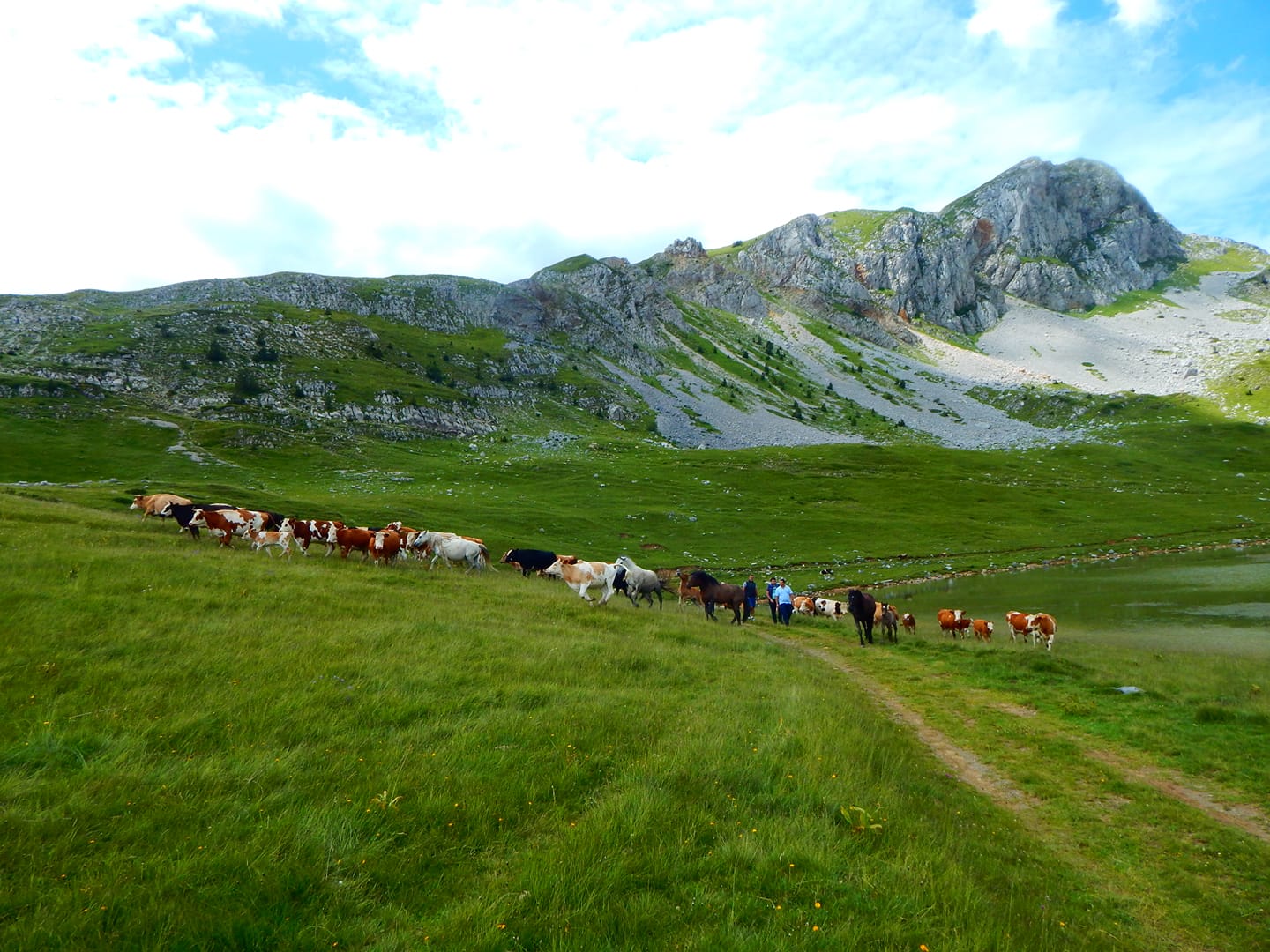The ICCA Consortium welcomes twelve organizations from nine different countries as the newest Members and twenty new Honorary members from around the globe
First published on 10/22/2021, and last updated on 10/26/2021
By Alison Powell, Administration Coordinator, ICCA Consortium
The ICCA Consortium Membership Committee is pleased to announce that the second review period of ICCA Consortium Member applications and Honorary member nominations for 2021 has ended, and no objections have been made to these within the 30-day period. The following organizations and individuals have joined the membership as our newest Members and Honorary members, respectively.
Indigenous peoples’ and local community organisations, federations, networks and movements
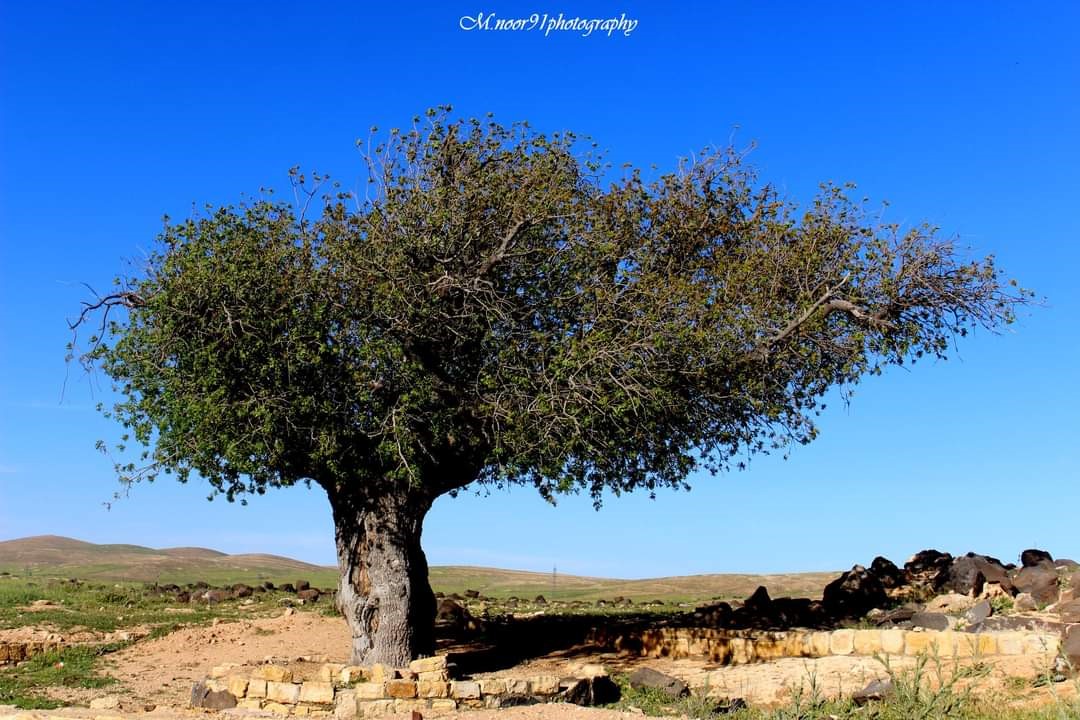
Al-Nawatif Cooperative was established in 2001 as a community based organization to contribute to the sustainable development of the local community in Qadisiyah, Tafila, Jordan. One of its goals is to protect and promote trees on the historic King’s Highway, and in particular a sacred wild Pistachio Atlantica tree mentioned in religious texts. The Cooperative works with local people, the Government of Tafilah and also the Jordanian Ministries of Agriculture and Tourism and Antiquities to share and develop its knowledge and mission.
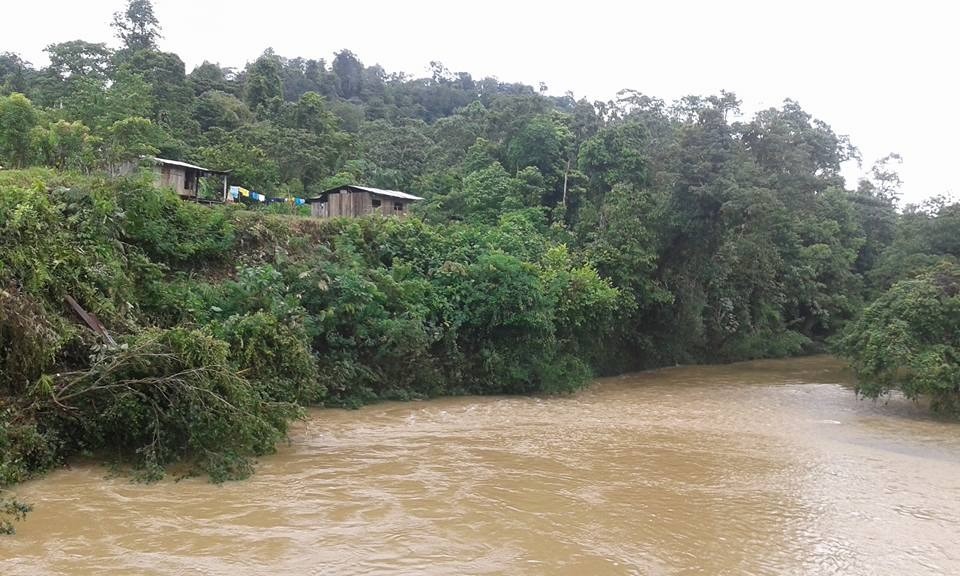
Centro Awa Pambilar y Río Bogotá is an Indigenous community organization in the province of Esmeraldas in Ecuador with the mission to exercise territorial governance based on laws and norms of good community coexistence. They promote processes of organization and community administration, management, and planning based on territorial governance practices through transparency, honesty and accountability. Ecotourism ventures within the community have helped contribute family incomes and promote cultural identity as people protect and conserve local natural resources.
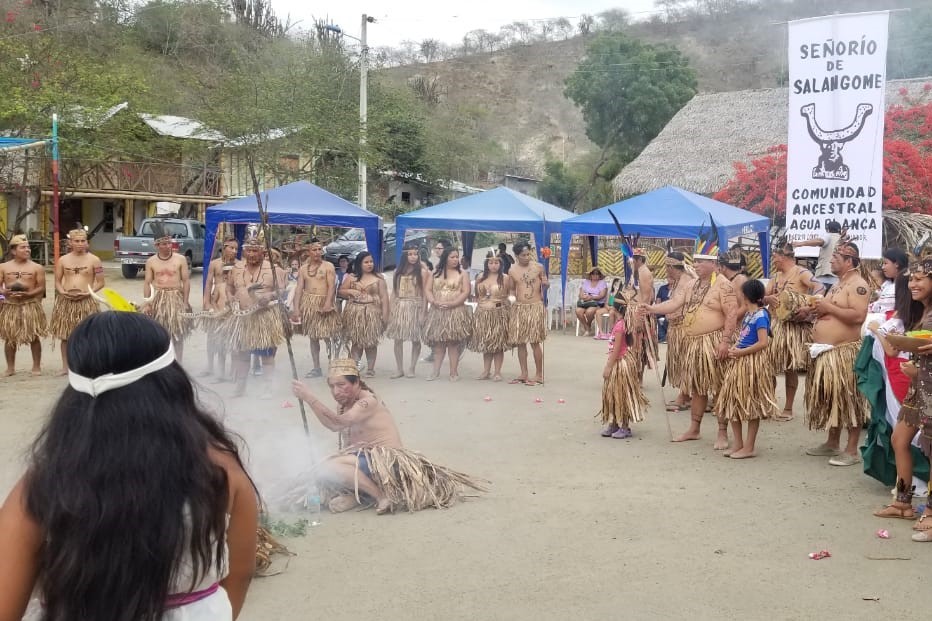
Comunidad Ancestral Agua Blanca in the province of Manabi, Ecuador, takes seriously the mission to conserve and care for the existing flora and fauna in their surrounding forest ecosystems. The community is located in the Machalilla National Park, which covers over 55,095 hectares. Over 86 families in the area collaborate in community tourism to promote economic sustainability and appreciation for the environment and cultural heritage.
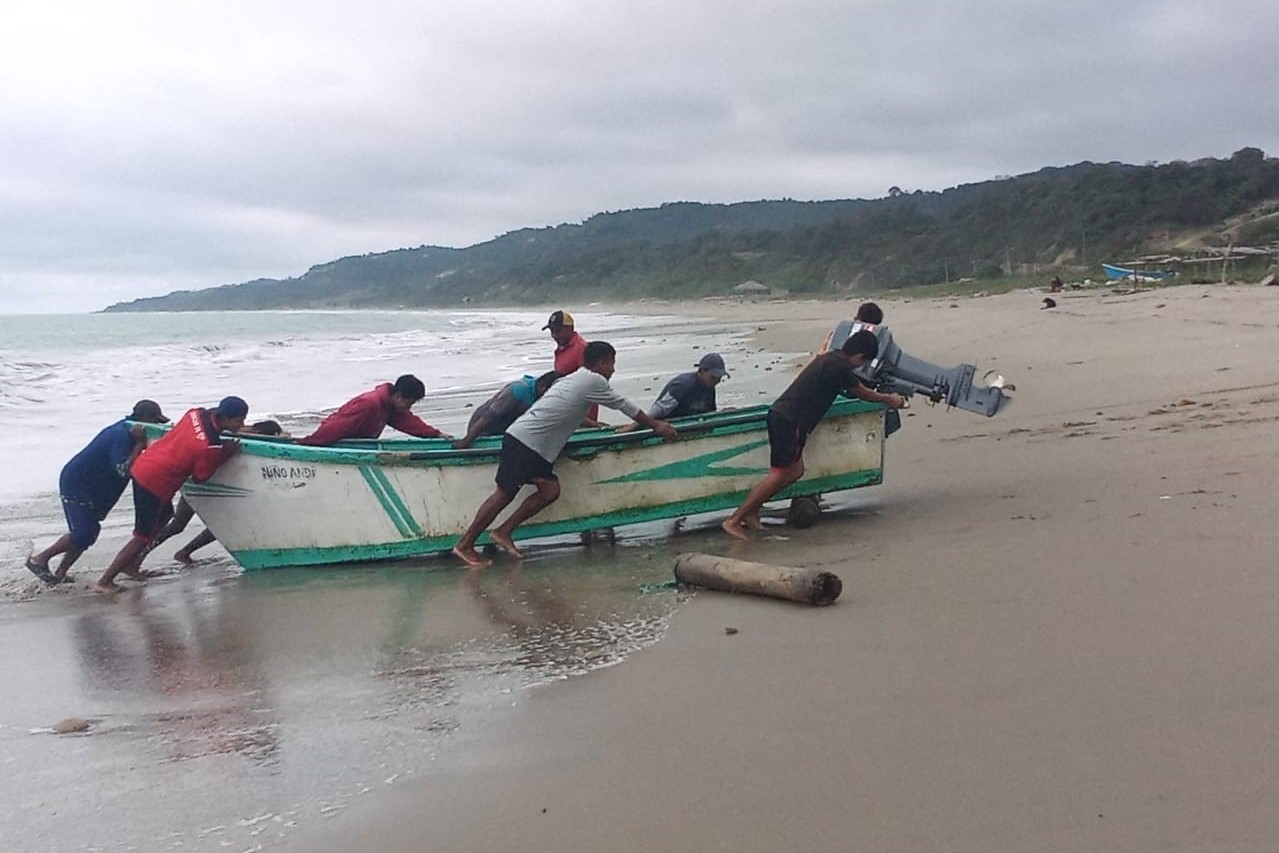
Comunidad de Puerto Cabuyal ancestral marine community comprises 150 habitants spread over approximately 400 hectares and 10 kilometers of coastline in the Manabi province of Ecuador. Their territory of life is a hotspot of biodiversity along the equator, where the ecosystem is both fragile and rich with potential. The community’s focus continues to be finding harmony with the forest and oceans through ancient practices and traditional ways of fishing. For 16 years, they have maintained the “Escuela Comunitaria Nueva Esperanza”, an initiative for free education, development, and learning, especially for youth and women. Activities include waste management, gardening, turtle conservation, species counts, and actions to fight climate change.
Coordinadora de Montes Vecinales en Mano Común del Principado de Asturias – Since 2018, la Coordinadora de Montes Vecinales en Mano Común del Principado de Asturia has been a resource for communities – approximately 400 people and 20 presidents of Neighborhood Associations – who choose to be joint owners of common mountain land in Asturiasin Northern Spain. Through this network, communities can find support and advice and work in tandem with communities with which they can share experiences and synergies to achieve recognition of the “commons” despite all the legal challenges. Out of the more than 20,000 hectares of potential common land in the region, lawful recognition has been obtained for 3,500 hectares, and the hope is to continue increasing this number.
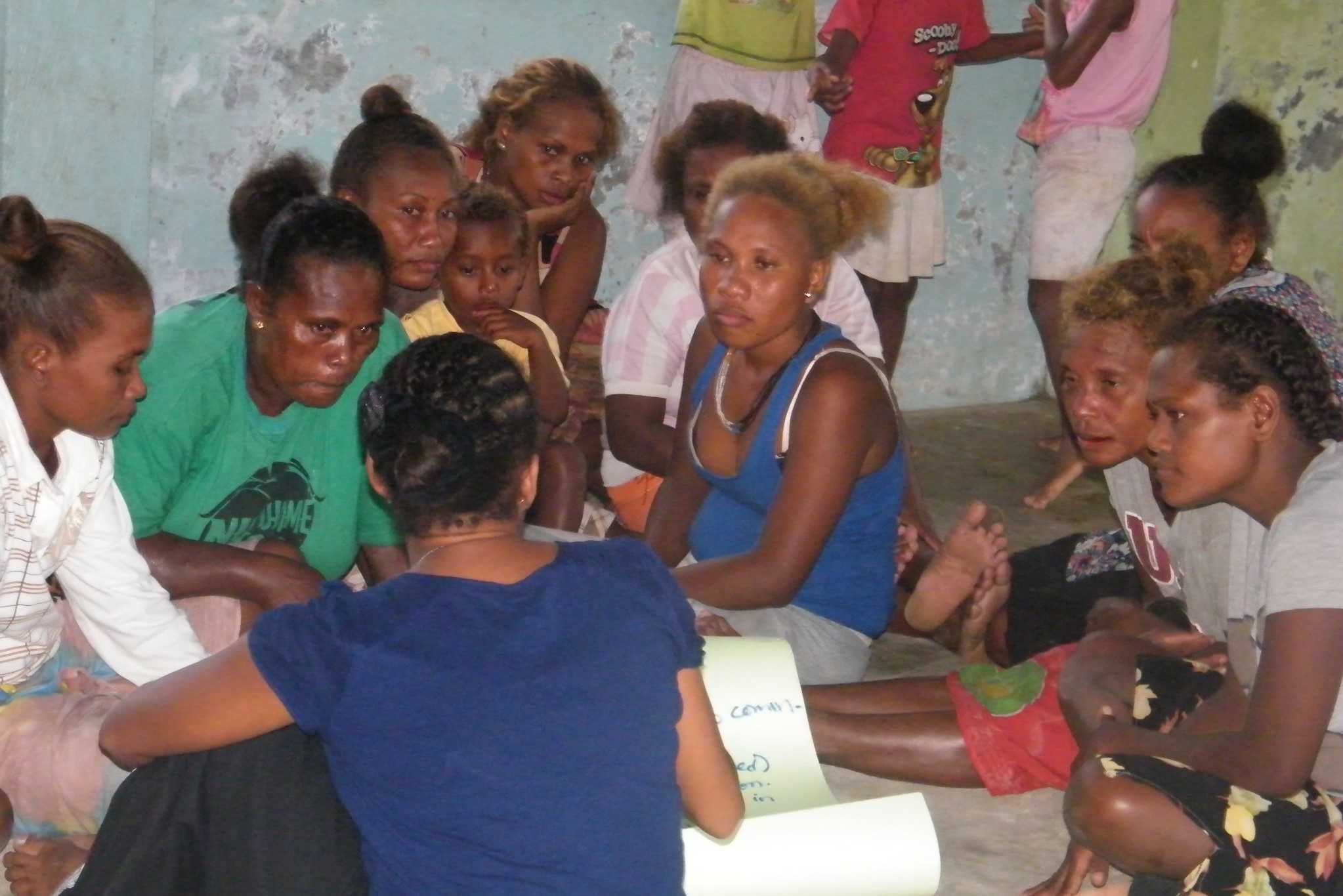
Network for Indigenous Peoples Solomons (NIPS) is a community organization of Indigenous peoples in the Solomon Islands who take part in action for local environmental and community rights. Their activities include workshops, advocacy against logging and mining, and reviving traditional knowledge and practices for nature conservation. Between 2015 and 2018, NIPS took the lead in facilitating participatory community conservation resilience assessments in the Solomon Islands as part of the global Community Conservation Resilience Initiative.
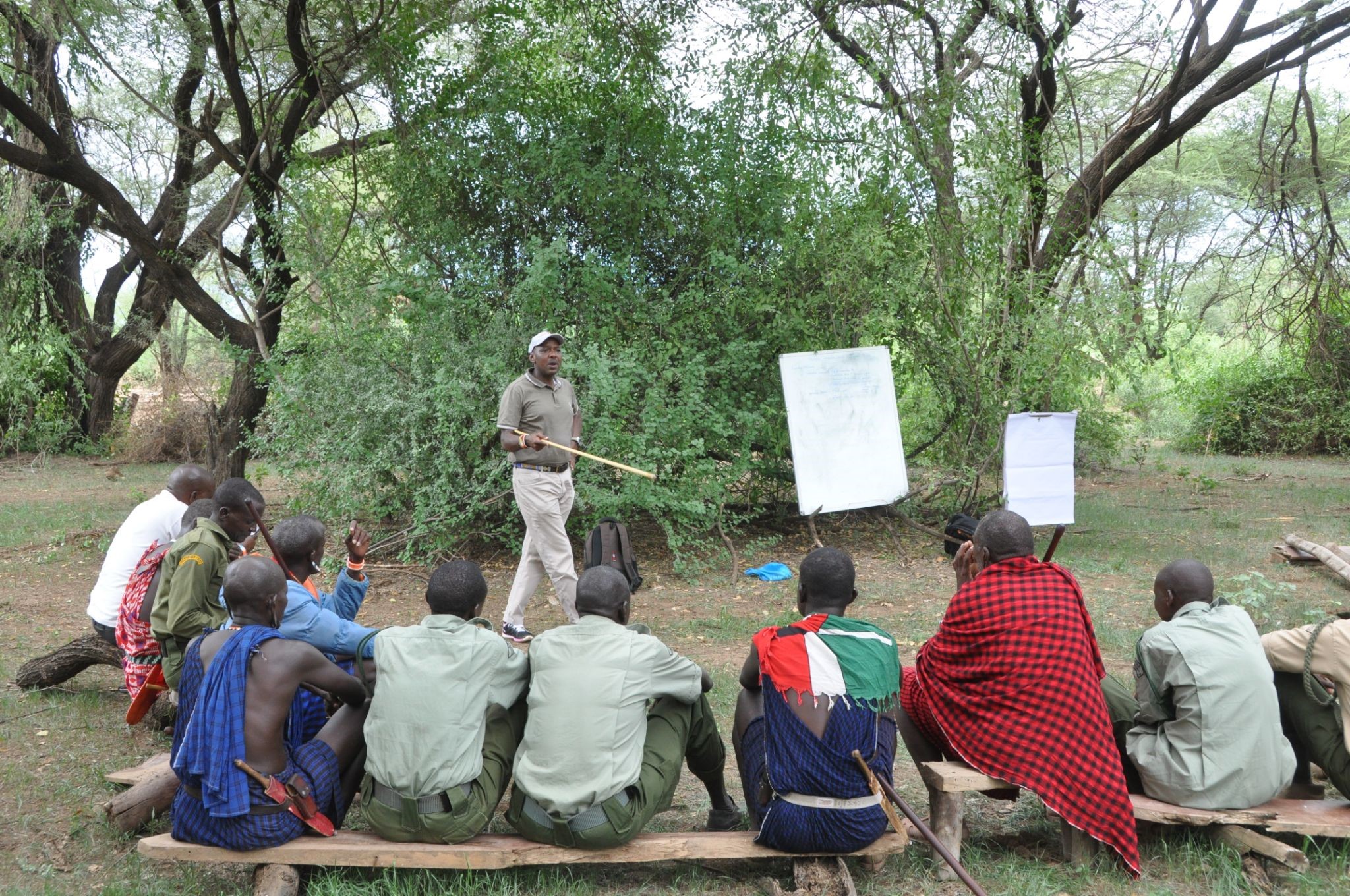
South Rift Association of Land Owners (SORALO) is a legally registered Land Trust primarily working with Maasai communities in Kenya’s South Rift to promote the health of land and people there. They do this by supporting communities to secure their land under appropriate legal land titles, practice traditional livelihood activities and pastoralism, promote local knowledge, and collect useful information for landscape planning and learning exchanges. Another area of SORALO’s focus is to encourage coexistence with wildlife by hiring and training local ranger teams to both prevent and respond to incidents of human-wildlife conflict.
Civil society and non-governmental organisations, networks with mixed composition and non-governmental research institutions focused primarily at local, national and/or regional levels
Dhaatri Trust is a resource center and NGO focused on Indigenous women’s and children’s rights in at least seven states in India. The organization is focused on the intersection of environmental justice and women’s rights, especially fighting structural violence against women that result from loss of forest resource and natural habitats. They do this by working with women to make claims under the Forest Rights Act and coordinating activist networks such as Women in Action on Mining in Asia. Where top-down approaches to tiger conservation are a main concern, Dhaatri supports co-existence as a model against evictions and helps Adivasi women to build negotiation capacity with forest authorities.
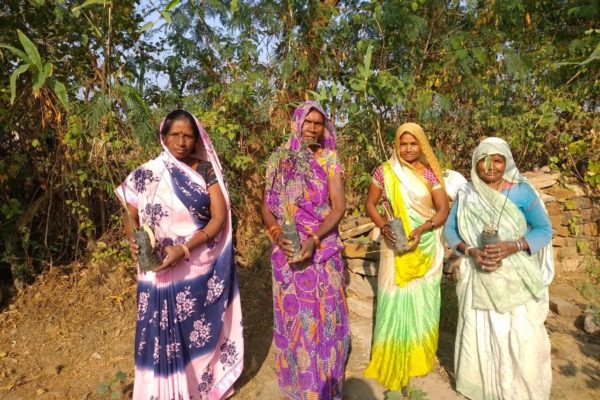
Fundación Ser Ambiente (FSA) is a non-profit organization based in Quito, Ecuador, with a mission to protect life on earth through informed solutions, local governance, and inclusive dialogue. During its three years of institutional life, FSA has supported a network of local sustainable development projects, civil society organizations, local communities and organizations of Indigenous peoples and Afro-descendant peoples and nationalities of Ecuador. They promote changes in the consumption habits within these critical communities to counteract and reverse the effects of global warming. Many of the Ecuadorian organizations applying to become Members of the ICCA Consortium in this round (Round 2, 2021) are networked through FSA, which has been instrumental in promoting ICCAs and territories of life in the region as a solution for conservation.
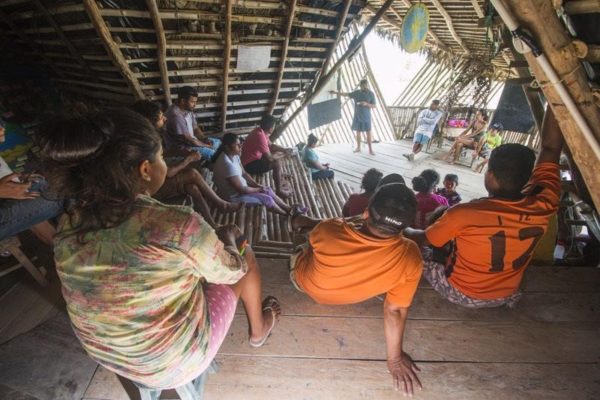
Global Initiative for Environment and Reconciliation (GER) – GER’s mission is to promote the rights of Indigenous peoples and local communities in Rwanda through peacebuilding and reconciliation, community-based conservation, and intergenerational learning. They have 60 community facilitators who work towards empowering communities to build capacity for community development, ecosystem management, and people’s rights.
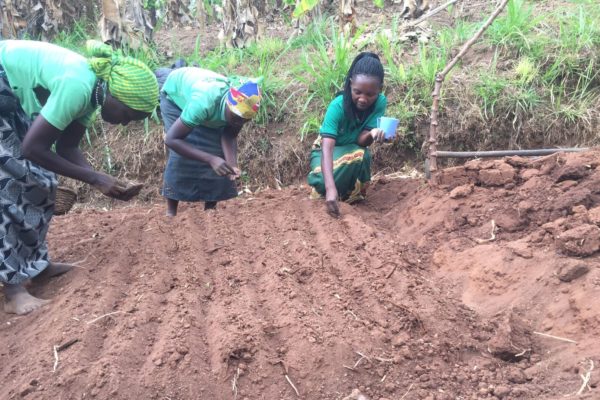
ICCA Working Group Mongolia – Founded in April 2021, the ICCA Working Group Mongolia intends to guide national and regional learning network activities aligned with the implementation of the second phase of the ICCA Global Support Initiative. They already work with some of the largest networks of mobile pastoralist communities in Mongolia, and intend to further expand outreach and support to facilitate bottom-up processes to link ICCAs in Mongolia.
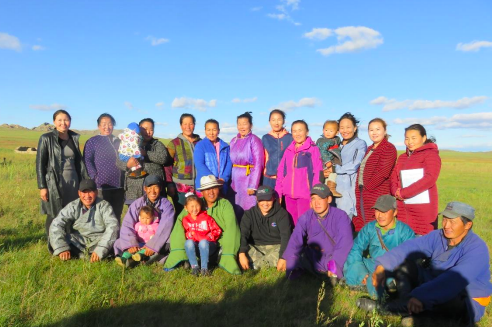
Save Sinjajevinawas created by a group of farmers, NGO activists, scientists, politicians, and ordinary citizens to combat military presence in pastoralists’ traditional lands. Their goal is to strengthen these efforts through international education campaigns, bringing together and supporting more local communities to help with monitoring in the area and policy dialogue.
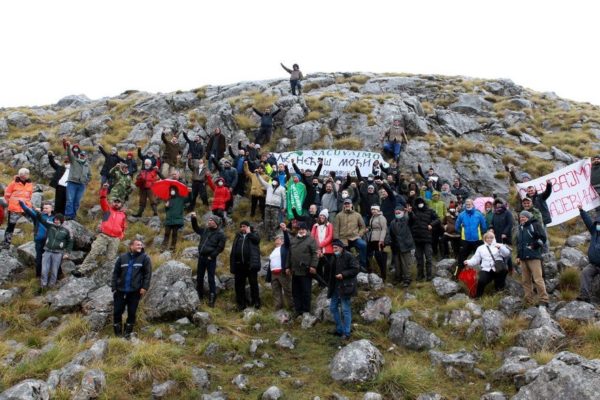
Honorary member
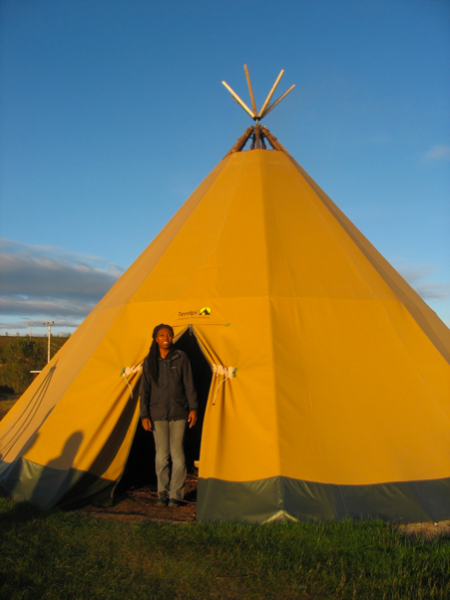
Carol Brown-Leonardi has conducted research in both Northern Canada on land settlement and negotiation, and in Northern Finland on reindeer racing and championships. In Canada, her research explored the place that subsistence livelihoods and reciprocal relationships have with territorial ecosystems in land claims negotiations and Indigenous self-government agendas. She examined how discursive strategies are employed in Indigenous political processes. During this period, she contributed to the Indigenous community by working for the local band office in communication with the Federal government and mining companies. The common concerns for prospecting land and environment intensified her desire to advocate for Indigenous communities in the long-term.
Concepcion Perez Lamelas is a Technical Engineer in Topography and a Technician in Extensive Farming, as well as a local community leader of Coordinadora de Montes Vecinales en Mano Común del Principado de Asturias. Since 2010, she has been studying and analyzing the ecosystems of Asturias (Northern Spain) and working with a community of 60 community members for legal recognition of community owned land. Together, they represent more than 400 people in the Coordinadora fighting for rights to the commons.
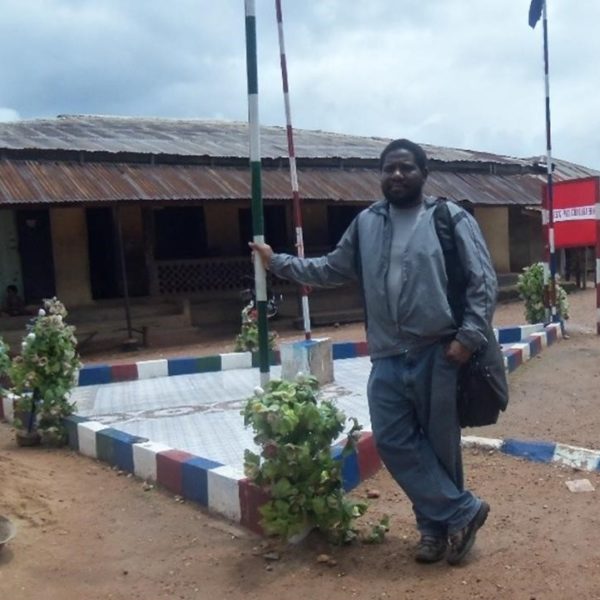
© Emmanuel Nuesiri
Emmanuel Nuesiri is an Associate Lecturer at the African Leadership University (ALU) Mauritius. He holds a bachelor’s degree in Environmental Science from the University of Buea, Cameroon; master’s degree in Environment and Development from the University of Cambridge, and a doctorate in Environmental Governance from the University of Oxford. He has teaching and research experience in Africa, Europe, and the United States. He has carried out extensive field research and provided advisory support to the Ekuri community forest and Iko Esai community forest in the Cross River transboundary forest region in Nigeria, and also with the Bimbia Bonadikombo community forest in the Mt. Cameroon region of Cameroon. Emmanuel has also been a resource person and consultant for a number of organizations, including Fauna and Flora International (FFI), Luc Hoffmann Institute, International Union for the Conservation of Nature (IUCN), UN Economic Commission for Africa (UNECA), UN Food and Agricultural Organization (FAO), and the UN Intergovernmental Science-Policy Platform on Biodiversity and Ecosystem Services (IPBES). He is editor of the published book ‘Global Forest Governance and Climate Change: Interrogating Representation, Participation, and Decentralization’, and currently a Co-Chair of the IUCN CEESP Natural Resource Governance Framework.
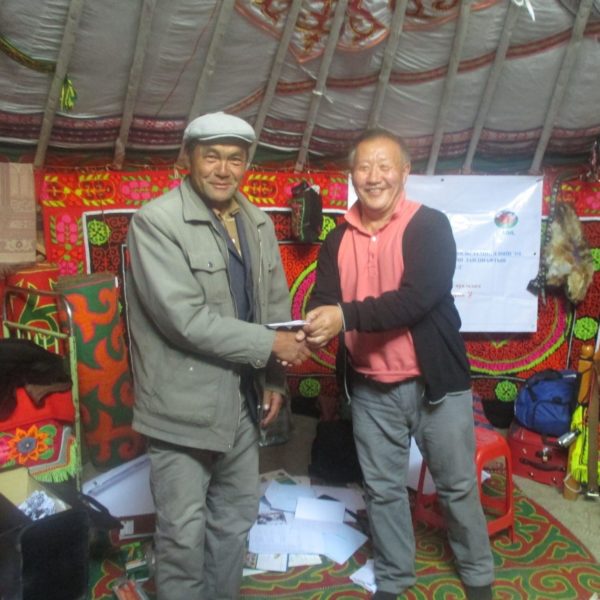
Hijaba Ykhanbai is Director of Environment and Development Association JASIL, Mongolia. Prior to leading this NGO, he joined the Mongolian Ministry of Nature and Environment for more than 25 years as specialist, vice director, director of department, and as advisor to the Minister. He was team leader for the IDRC-funded project on sustainable management of pasture and natural resources and collaborative learning for the co-management of natural resources in Mongolia, and he is author of “Economics of Environment and Sustainable Development”, “Community Based Co-Management of Pasture and Natural Resources in Mongolia” , and “Public Understanding the Forest”. Currently he is the focal point of the Central Asian Pastoral Alliance (CAPA) supported by International Land Coalition (ILC) and also Chair of the Regional International Year of Rangelands and Pastoralists (IYRP) Support Group for Central Asia & Mongolia. His main interest is working with local communities to reduce climate change impacts on local herders’ livelihoods, and to improve structures of community-based management for pastures and natural resources.
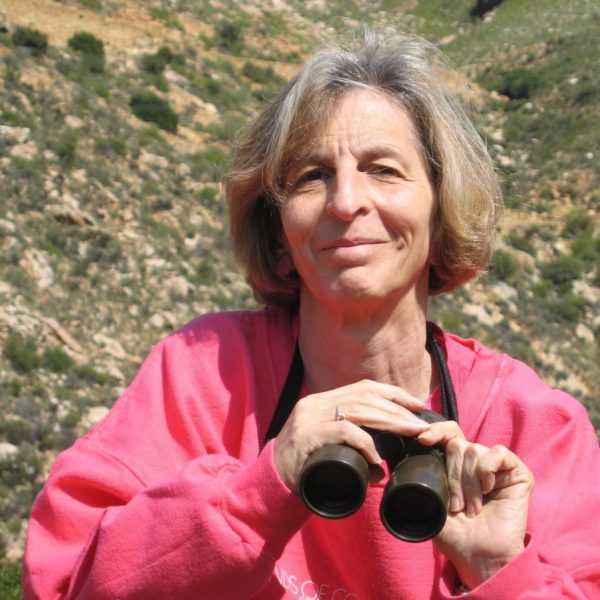
Holly Dublin is a Senior Adviser to Maliasili (ICCA Consortium Member) and the IUCN Eastern and Southern Africa Regional Office and a Senior Associate with IIED focused on African terrestrial ecosystems. For over four decades, she has been an active conservation practitioner, linking biodiversity and ecosystem services to human livelihoods and well-being. She is an accomplished speaker, writer, and trained facilitator, and has helped to develop theories of change and metrics for measuring outcomes and impacts of conservation projects and programmes. Most recently, she has been working with ICCA Consortium Regional Coordinator Emmanuel Sulle on the response to impacts of the COVID crisis on nature-based tourism and the impacts on local communities in Eastern and Southern Africa.
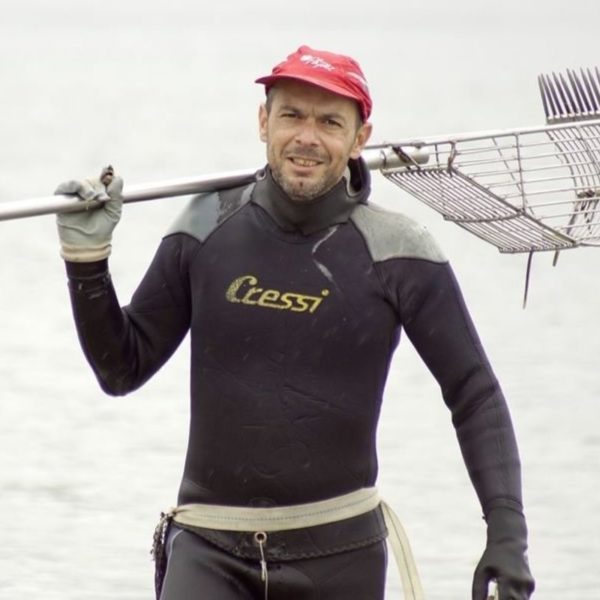
Iago Soto Garcia was born in Vigo, Spain, a coastal town linked to the sea. He has a degree in environmental biology from the University of Santiago de Compostela and devoted 10 years to the design and development of environmental education activities in Coastal Galicia. He is currently a local community leader of a fishing guild in Viga and coordinator of a support group for the implementation of illegal, unreported and unregulated fishing control systems in the General Secretariat of the Sea (Government of Spain). He has already collaborated with the ICCA Consortium on various marine life initiatives.
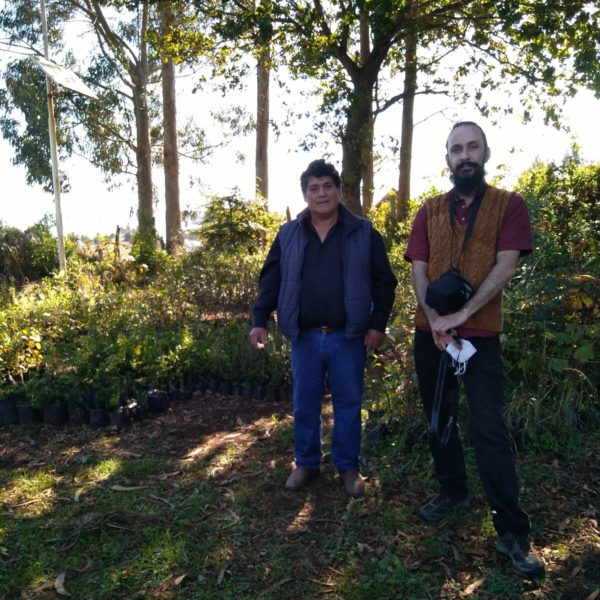
Ignacio Krell began his work with territories of life in 1998 when, as an undergraduate sociology student at the University of Chile, he became involved in the defense of the Mapuche-Pewenche territory of the Biobío against its flooding by dams. Living with the families in resistance for two years, experiencing the defeat and destruction of the territory, and then doing his dissertation on the neo-colonial mechanisms in operation, he developed a vital commitment to strengthening Mapuche territory at different levels and from different positions, from activism to community ecotourism entrepreneurship and co-designing strategies and tools to promote regenerative economies in the service of biocultural restoration. This trajectory, and a master’s degree in environmental studies at the University of Oregon (2012), have led to a focus on the implementation of instruments to safeguard biocultural heritage in general, and in particular those associated with the Mapuche-Lafkenche territory of Lago Budi.
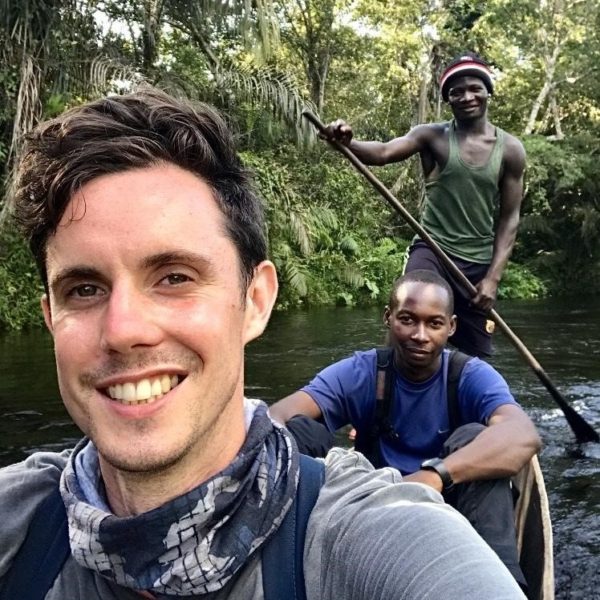
Jack Losh is a journalist, photographer and filmmaker with a focus on the environment, traditional cultures and humanitarian issues, often in areas of conflict and crisis. His work has been shortlisted at RTS, Bayeux Calvados, Amnesty and other top awards, and published by The New York Times, National Geographic, The Guardian, The Washington Post and other leading outlets (portfolio: www.jacklosh.com). Reporting from wild and remote places for leading outlets, he is increasingly focused on the important role that Indigenous communities and local communities play in the conservation of nature as among the world’s best eco-defenders.
Jose Maria Martin Civantos is part of the ICCA working group within Iniciativa Comunales (ICCA Consortium Member), developing the evaluation protocol for Spain and participating in the evaluation process of some of its proposed ICCAs. Much of his work has focused on the study, support, dynamization and defense of historical and traditional irrigation communities, mainly in Andalusia, but also in other peninsular territories, including Portugal, Sicily (Italy), Tunisia, Morocco and Albania. He is part of the Ibero-American network “Sowing and Harvesting Water”, which works specifically with local communities and administrations in ancestral systems of artificial recharge of aquifers and integrated water management. With the laboratory at the University of Granada MEMOLab, Jose worked toward the creation of the Association of Historical and Traditional Irrigation Communities of Andalusia.
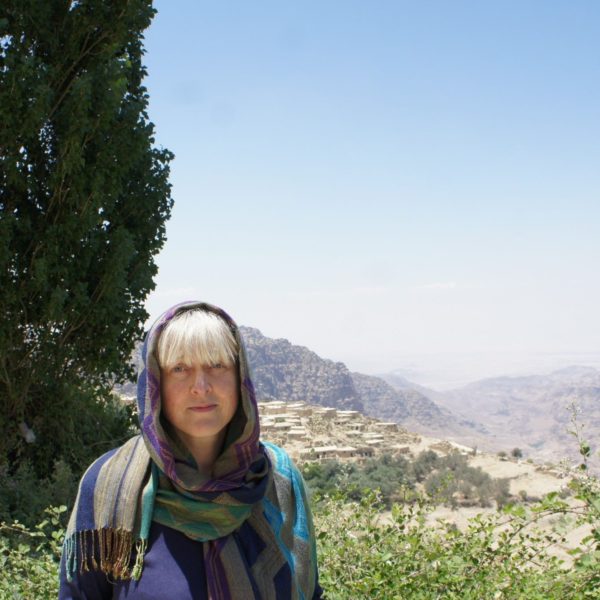
Lorraine Walker is a UK citizen and long-time volunteer with the Dana and Qadisiyah Local Community Cooperative in Jordan in the role of Sustainable Development Coordinator. In this role, she has developed an understanding of and experience with land governance in relation to the local community and its work to defend its pastoral traditional land (including in the context of an overlapping nature reserve) and an understanding of their traditional methods of conservation. She represents the Cooperative at national and international events related to land issues, and provides administrative support for the process of drafting a national engagement strategy for people-centered land governance in Jordan. She works with local women and youth to enable and empower them to adopt a more active socio-political role in relation to their community’s loss of land rights and also to protect their cultural and natural heritage.
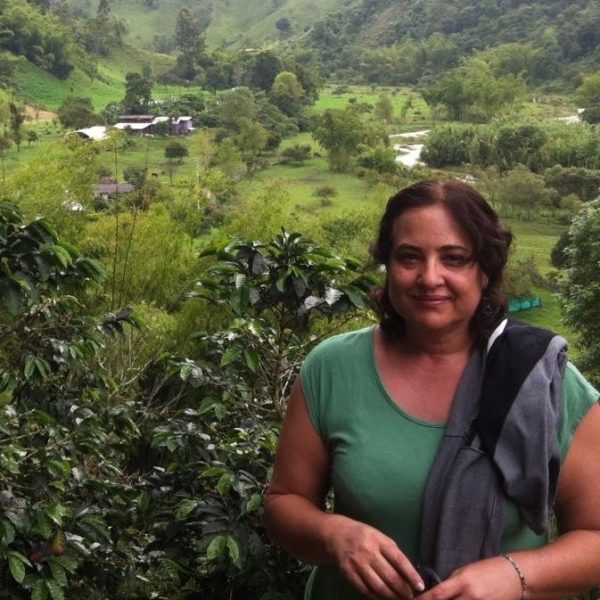
Luciana Porter-Bolland is a researcher and teacher within the Instituto de Ecología, A.C. in Xalapa, Veracruz, Mexico, where she has been participating in research related to the role of local people in biodiversity conservation and natural resource management. Her areas of focus include landscape ecology and participatory research to understand how communities relate to their environment. As an academic, she trains other researchers or professionals to contribute to and learn about current issues such as the concept of territories of life, territorial approach to conservation, multifunctional landscapes, collaborative research, biocultural heritage, and more recently, socio-ecological conflicts.
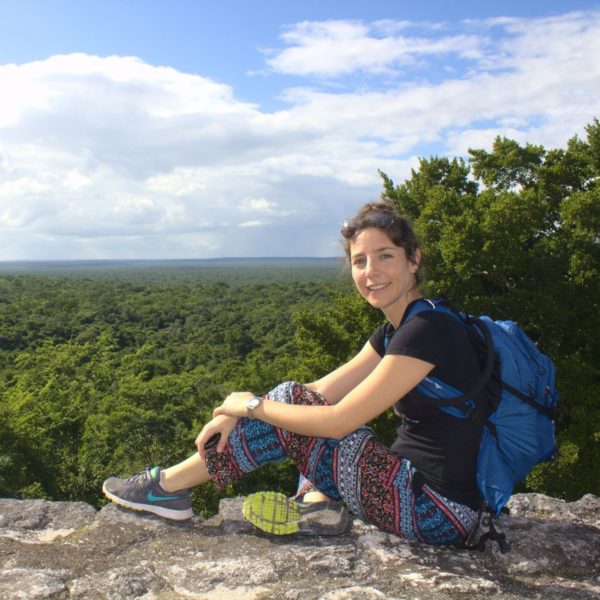
Malena Oliva is interested in the study of the social dimensions of conservation. For the last 10 years, she has been focused on socio-ecological conflicts, mainly associated with natural protected areas, forest communities and subsistence hunting in the Mayan region of southeastern Mexico. She has worked on capacity building for local monitoring with community honey production groups, charcoal and pepper production groups in Calakmul. She is currently collaborating on a project on human-jaguar coexistence in Calakmul and in a transdisciplinary research and advocacy project for the strengthening territories of life in the Yucatan Peninsula. She has a strong interest in the development of open science frameworks to improve the impact of the work she does.
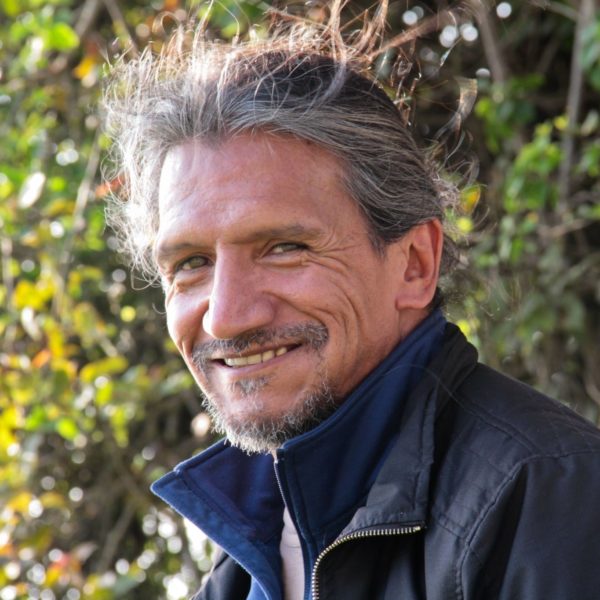
Pablo Villegas is a researcher based in Bolivia. His work has focused on Indigenous communities, environmental impact assessment, elaboration of management plans, critical evaluations of environmental and social standards in the forestry industry, and administration of protected areas. In recent years, he has focused on research of state policies, natural resources policies, their perspectives and impacts; geopolitics and infrastructure works and mega-dams and their economic, technical aspects and impacts; and regulatory analysis and strategic advice in case of conflict.
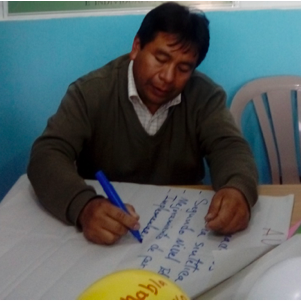
Pablo Yax Vasquez is an Indigenous Maya-K’iche’ leader, originally from Aldea Chuatroj, municipality and department of Totonicapán, Guatemala. He is the co-founder of the Instituto Básico Por Cooperativa, Instituto Diversificado Por Cooperativa, Cooperativa de Ahorro y Crédito El Progreso de Occidente, all non-governmental organizations working for Indigenous rights. He held the position of Mayor in his community from 2001 to 2014 and Secretary of the Board of Directors of the 48 cantons of Totonicapán (which was featured as a case study in the ICCA Consortium’s Territories of Life: 2021 Report) in 2001. He is currently Secretary of the Board of Directors of Oxlajuj Ajpop Association (ICCA Consortium Member) and Secretary of the Board of Directors of the Territorio de Vida network in Guatemala.
Paola Maldonado is a Geographer and Environmental Engineer with a focus in rural territorial development, agrarian and socio-environmental studies. She has 20 years of experience in participatory research, community territorial planning and social mapping with Indigenous and rural communities. She has worked for over 3 years in project coordination with the ALDEA Foundation (ICCA Consortium Member), responsible for intercultural and gender issues. She collaborates with the ICCA Consortium as the National Focal Point for Ecuador and as the co-chair of Documenting ICCAs in the global Council.
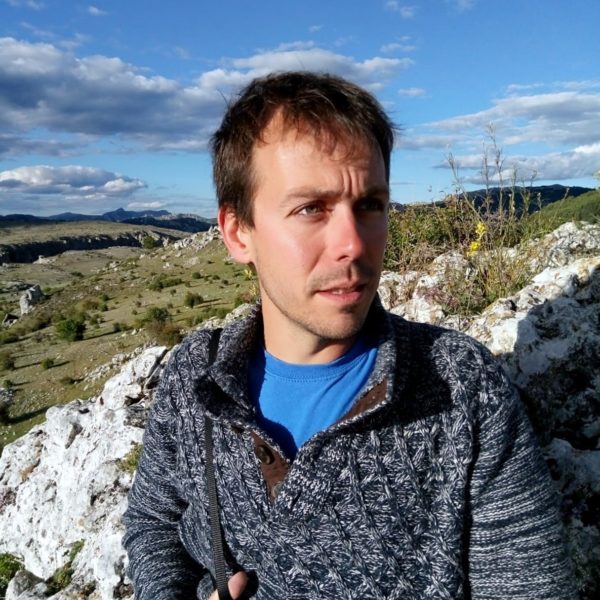
Pau Sanosa has been an active member of Iniciativa Comunales (ICCA Consortium Member) since 2016, promoting the recognition and defence of local communities in the Spanish state. He has been involved in the definition, implementation and improvement of a peer-to-peer recognition protocol aimed at enabling communities to register their territories and areas in the ICCA-Territorios de Vida Registry in Spain and is currently developing a program of self-strengthening and definition of support networks between communities, beyond the registry itself, based on the capacities of the communities themselves and the entities that can support them. In parallel, he has been carrying out research in the field of environmental anthropology with pastoral communities in Mediterranean mountain areas (Pyrenees and Sierra de Segura), focusing on their ways of life in relation to their territory, bodies of knowledge and decision-making processes.
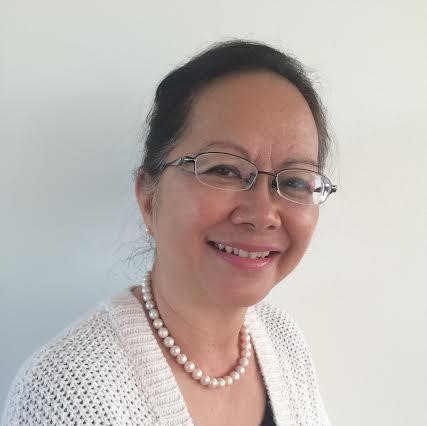
Ramy Bulan is a Kelabit Indigenous woman from Sarawak, Malaysia. She is the Director of the Centre For Legal Pluralism and Indigenous Law, and Research Fellow at the Faculty of Law, University of Malaya. The Centre focuses on interdisciplinary studies for access to justice for Indigenous peoples, including research on Native and Aboriginal customary land rights, customary laws and Native courts, dispute resolution and restorative justice, traditional knowledge, and forestry, environmental, conservation and biodiversity laws as they affect Indigenous peoples. Dr. Bulan researches, publishes and speaks extensively on native customary land rights. Her current work focuses on elevation of the Native courts and on restorative justice. She is also involved in facilitating multi-stakeholder dispute resolution processes involving local communities and oil palm corporations and logging concessionaires.
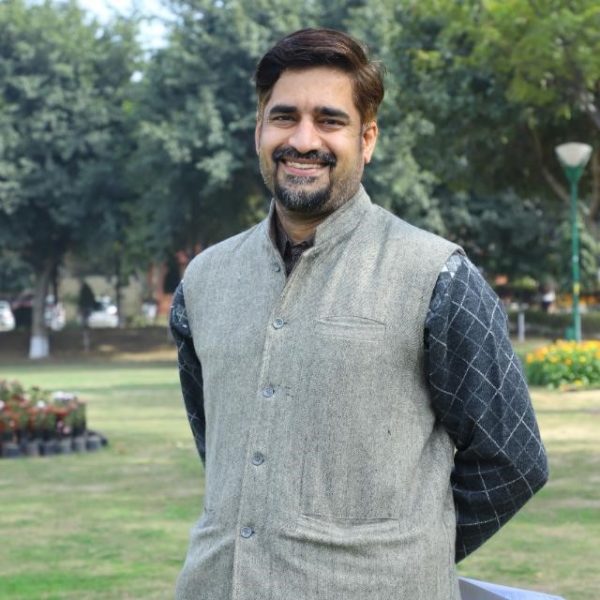
Sumit Dookia has over 20 years of experience working with wildlife in India. After receiving a PhD in Ecology, he was instrumental in the declaration of Guda Bishnoian Conservation Reserve (Jodhpur) and Gogelao Conservation Reserve (Nagaur). He is currently working on Godawan conservation with local communities in Jaisalmer, as well continuing to explore and learn about all types of wildlife in western Rajasthan. Recently he has also been working with ICCA Consortium Regional Coordinator Neema Pathak on advocacy and liaison for ownership and governance models to be developed for Orans (sacred groves) of Western Rajasthan. He is currently based in Delhi and is a Professor in Guru Gobind Singh Indraprastha University.
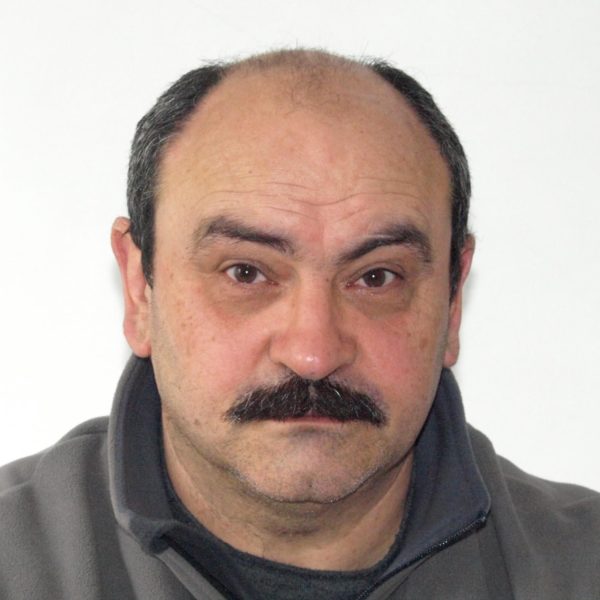
Xose Carlos Morgade Martinez is a local community leader for ICCAs in Spain. He was a promoter of the legal constitution of his local community in 1993, of which he has been president since 2007. He also founded Mancomunidade de Montes Pontevedra in 1999 and co-founded Organizacion Galega de Comunidades de Montes, a federation of more than one hundred communities in the mountains and forest regions of Galicia. He has served on its board of directors as Secretary of Social Communication. Since its founding in 2015, he has held the position of President of Iniciativa Comunales, ICCA Consortium Member and facilitator of the ICCA Registry in Spain.
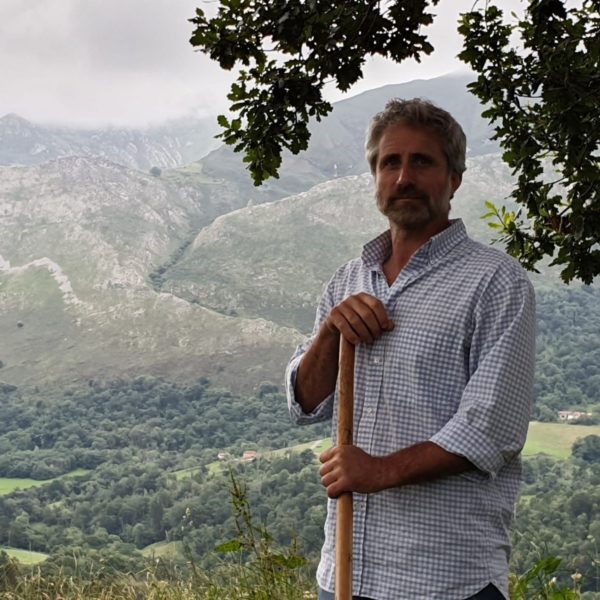
Xuan Valladares has been working as a livestock farmer in Asturias, Spain, since 1999, developing a participatory model of responsible consumption with consumer members of the Sustainable Asturias Network. To help protect extensive livestock farming, he has worked on differentiating it in the regulations from other models less linked to the territory and developed networks between pastoral communities and the commons through land stewardship (Sustainable Asturias, Trans-Cantabrian Land Stewardship Network), media (numerous articles and publications) and promoting the defense of the commons (co-founder of iComunales) and especially of the Montes Vecinales en Mano Común (Coordinadora de MMVVMC de Asturias), from which forty neighborhood communities have requested the collective recovery and co-ownership of their historical territories in the last two years. As councilman of Agroganadería del Conceyu de Llanes, he works towards institutionalizing support for the rural mountain communities in the recovery of the ownership of their territories and their traditional governance.
